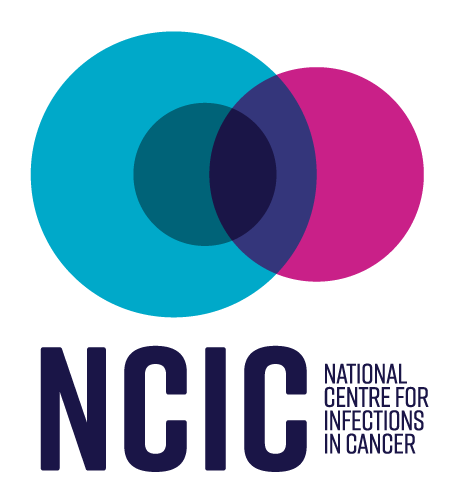Pneumocystis jirovecii pneumonia (PCP) is a potentially life threatening infection among immunocompromised people (eg cancer patients or those living with HIV). In order to prevent infection in these people they are given prophylactic drugs that are not always well tolerated or that many can have an allergic reaction too. This study tested an alternate prophylactic drug, atovaquone, in immunocompromised people and found variable drug levels in plasma indicating some people were better able to absorb and receive benefit from the drug than others. This study suggests more careful monitoring of drug levels in immunocompromised people taking atovaquone for prevention of PCP infection.

